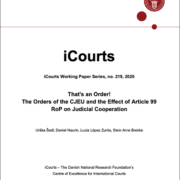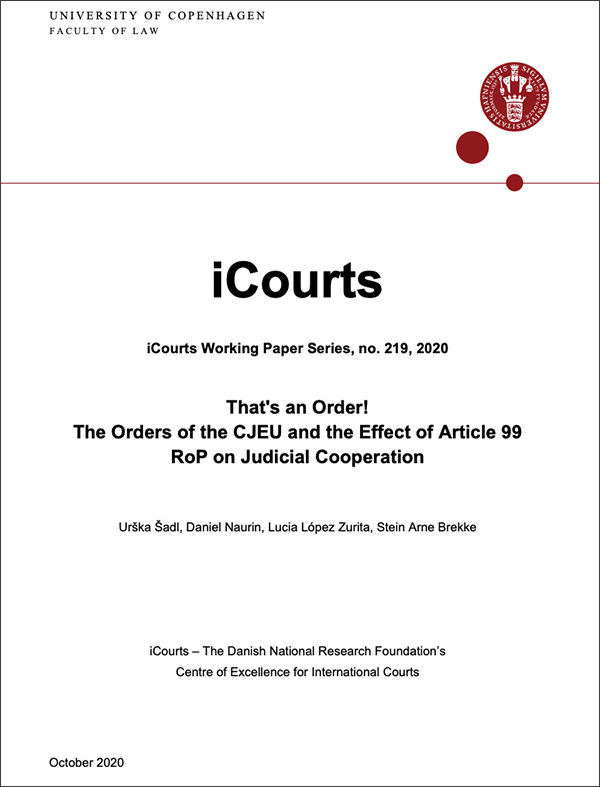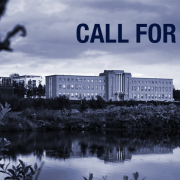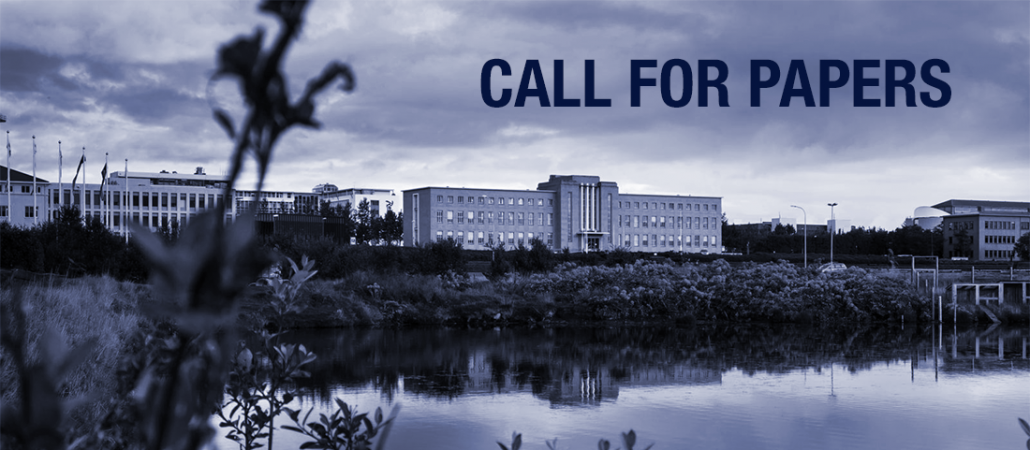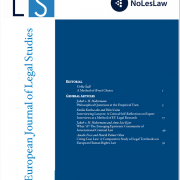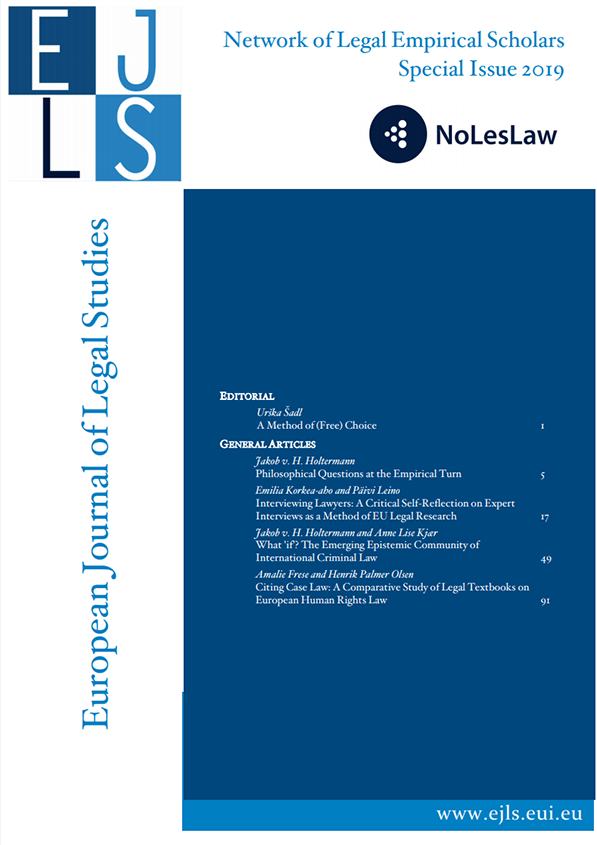Network Science & Law
Session of the XXXVIII Sunbelt Conference
https://sunbelt.sites.uu.nl/
*Utrecht, Netherlands, June 26 – July 1, 2018*
Submission deadline: February 1, 2018.
Scholars from a variety of disciplines increasingly use network analysis to study law and legal institutions. Still, the diversity of methods is overwhelming and the value, which the approach adds to traditional legal research, remains difficult to understand and appraise critically.
This is precisely what we wish to explore in this session. More concretely, we will focus on the perils and promises of network analysis of law by integrating the perspective of computational social sciences into legal scholarship. We are interested in studies that:
1. Analyse the (social) networks of actors that participate in the law making processes, such as judicial networks, networks of counsels and legal scholars, as well as institutions, such as international organizations, including courts, arbitration tribunals and NGOs.
Questions include:
– Lawyers, judges and lawmakers are often perceived as societal elites.
Is that reflected in the networks they form? How susceptible are these networks to change?
– Are institutional barriers or biases entrenched in legal networks?
– How do legal ideas and expertise diffuse through legal networks?
2. Explore the web(s) of law, meaning the networks of legal rules, statutes, as well as international, bilateral or multilateral treaties, linked through explicit or implicit references (citation networks).
Possible topics that can be addressed include:
– What are explicit (e.g. cross-references) and implicit (e.g. semantic) ties between legal documents and how can they be measured? What do they tell us about the law and the law makers?
– What do implicit citations, observed as the repetition of a specific legal language that legal actors, such as courts, use in legal documents, reveal their perception of the law?
– How do courts differ in their use of citations? What internal or external factors explain these differences?
– What makes a legal case legally important in the web of law and what makes a case famous? How can we use citation networks to identify such cases or search for cases, which become precedents?
– Can citation networks reveal how the law develops, changes and adapts to its social, political and economic context?
The session welcomes both theoretical work and empirical studies of network theories and social network analysis to any question related to the legal domain. The topics outlines above are meant as suggestions rather than an exhausting list of topics, which we wish to address.
The abstract (500 words max) must be submitted before February 1, 2018
(23.59 hrs. CET time) using the website of the conference:
https://sunbelt.sites.uu.nl/abstract-submission/
For any query about the session, please contact Fabien Tarissan
(fabien.tarissan@ens-paris-saclay.fr)
Session chairs:
Wolfgang Alschner (University of Ottawa, Canada) Urska Sadl (European University Institute, Italy) Fabien Tarissan (CNRS, University Paris-Saclay, France)

